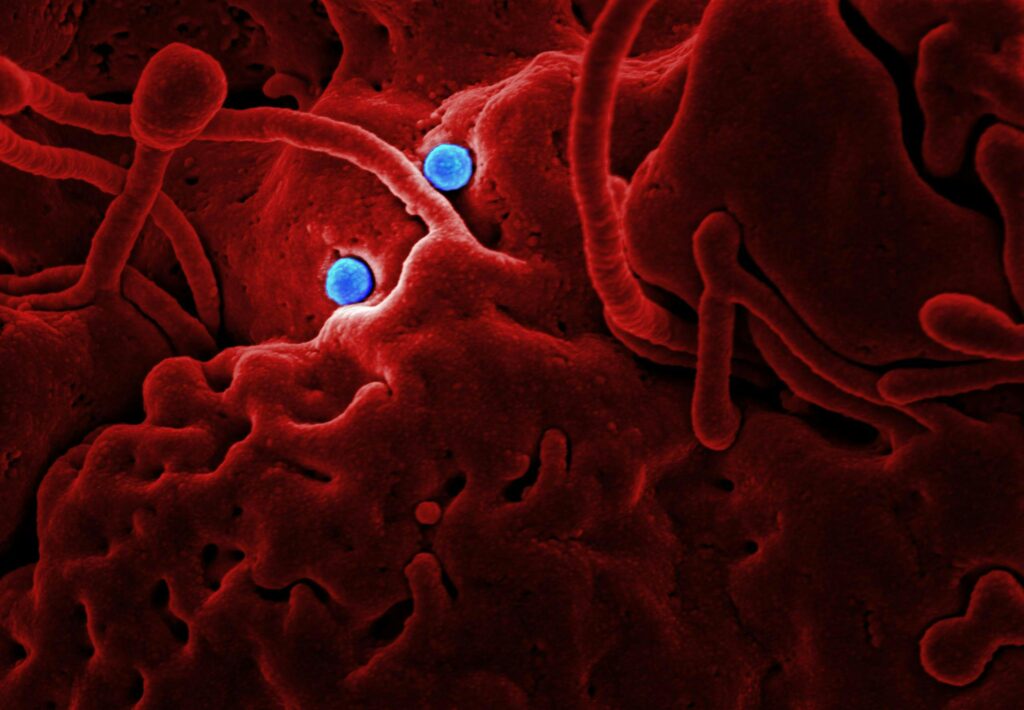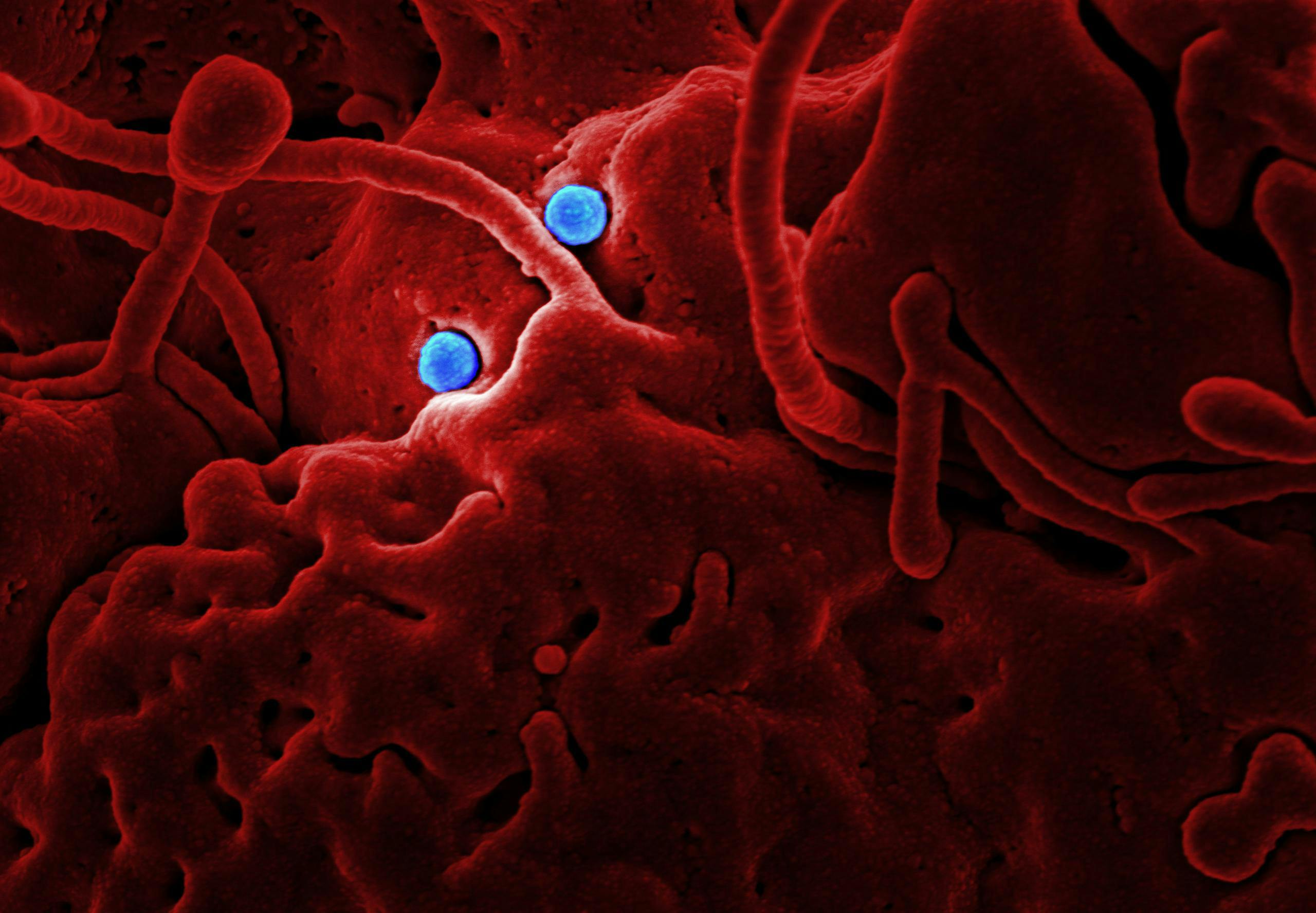Introduction: What is Inflammation?
Inflammation is a natural response of the body’s immune system to injury, infection, or irritation. It’s a crucial part of the healing process, helping to protect your body from harm. However, chronic inflammation can lead to various health problems, making it essential to understand what it is and how it affects your health.

Table of Contents
Types of Inflammation
- Acute Inflammation
This is a short-term response that occurs immediately after an injury or infection. Symptoms may include redness, swelling, heat, and pain. For example, when you cut your finger, the area may become inflamed as the body sends immune cells to heal the wound. - Chronic Inflammation
This occurs when the inflammatory response continues over a longer period, often without a clear cause. Chronic inflammation can contribute to various diseases, including heart disease, diabetes, and cancer. Conditions like rheumatoid arthritis and inflammatory bowel disease (IBD) are examples of chronic inflammation.

Causes of Inflammation
Several factors can trigger inflammation, including:
- Infections: Bacterial, viral, or fungal infections can cause acute inflammation.
- Injuries: Physical injuries, such as sprains or cuts, can lead to localized inflammation.
- Chronic Stress: Prolonged stress can contribute to persistent inflammation in the body.
- Poor Diet: Diets high in sugar, refined carbohydrates, and unhealthy fats can promote inflammation.
- Obesity: Excess body fat can release pro-inflammatory chemicals, leading to chronic inflammation.
- Autoimmune Disorders: In these conditions, the immune system mistakenly attacks healthy tissues, resulting in inflammation.

Symptoms of Inflammation
Acute inflammation may present with:
- Redness
- Swelling
- Heat
- Pain
- Loss of function in the affected area
Chronic inflammation may not have obvious symptoms but can lead to fatigue, fever, or abdominal pain, depending on the underlying cause.
How Inflammation Affects Health
While inflammation is a protective response, chronic inflammation can have detrimental effects on health. It can lead to the development of various diseases, such as:
- Cardiovascular Disease: Inflammation can damage blood vessels and contribute to plaque buildup, increasing the risk of heart attacks.
- Diabetes: Chronic inflammation can interfere with insulin signaling, leading to insulin resistance.
- Cancer: Long-term inflammation may promote tumor growth and progression.
- Autoimmune Diseases: Conditions like lupus and multiple sclerosis are driven by inflammation as the immune system attacks the body.
How to Manage Inflammation Naturally
- Adopt an Anti-Inflammatory Diet
Focus on whole, unprocessed foods rich in antioxidants. Include fruits, vegetables, whole grains, nuts, and healthy fats (like olive oil and fish). - Stay Active
Regular physical activity helps reduce inflammation and promotes overall health. Aim for at least 150 minutes of moderate exercise per week. - Manage Stress
Practice stress-reducing techniques such as meditation, yoga, or deep breathing exercises. - Get Enough Sleep
Quality sleep is vital for immune function and can help reduce inflammation. Aim for 7-9 hours of restful sleep each night. - Avoid Smoking and Limit Alcohol
Both smoking and excessive alcohol consumption can trigger inflammation. Quitting smoking and moderating alcohol intake can significantly improve your health.

The Role of Inflammation in Healing
Healing Process and Inflammation
Inflammation is a double-edged sword in the healing process. When you sustain an injury or suffer from an infection, the body triggers inflammation as a protective mechanism. White blood cells and chemicals are sent to the affected area to fight off pathogens and begin repairing tissues. This process is essential for healing wounds and preventing further damage.
However, while acute inflammation is beneficial, prolonged inflammation can hinder the healing process. For instance, chronic inflammation can lead to tissue damage and scarring, making recovery slower and more complicated. It can also cause pain and discomfort, affecting your daily life. Therefore, understanding how inflammation works and recognizing the signs of chronic inflammation is vital for managing your health effectively.
Conclusion
Inflammation is a crucial part of the body’s defense system, but chronic inflammation can lead to severe health issues. By understanding inflammation and adopting healthy lifestyle changes, you can help manage inflammation and reduce your risk of related diseases.
For more personalized advice on managing inflammation, contact our healthcare professionals at Health Authentica.










